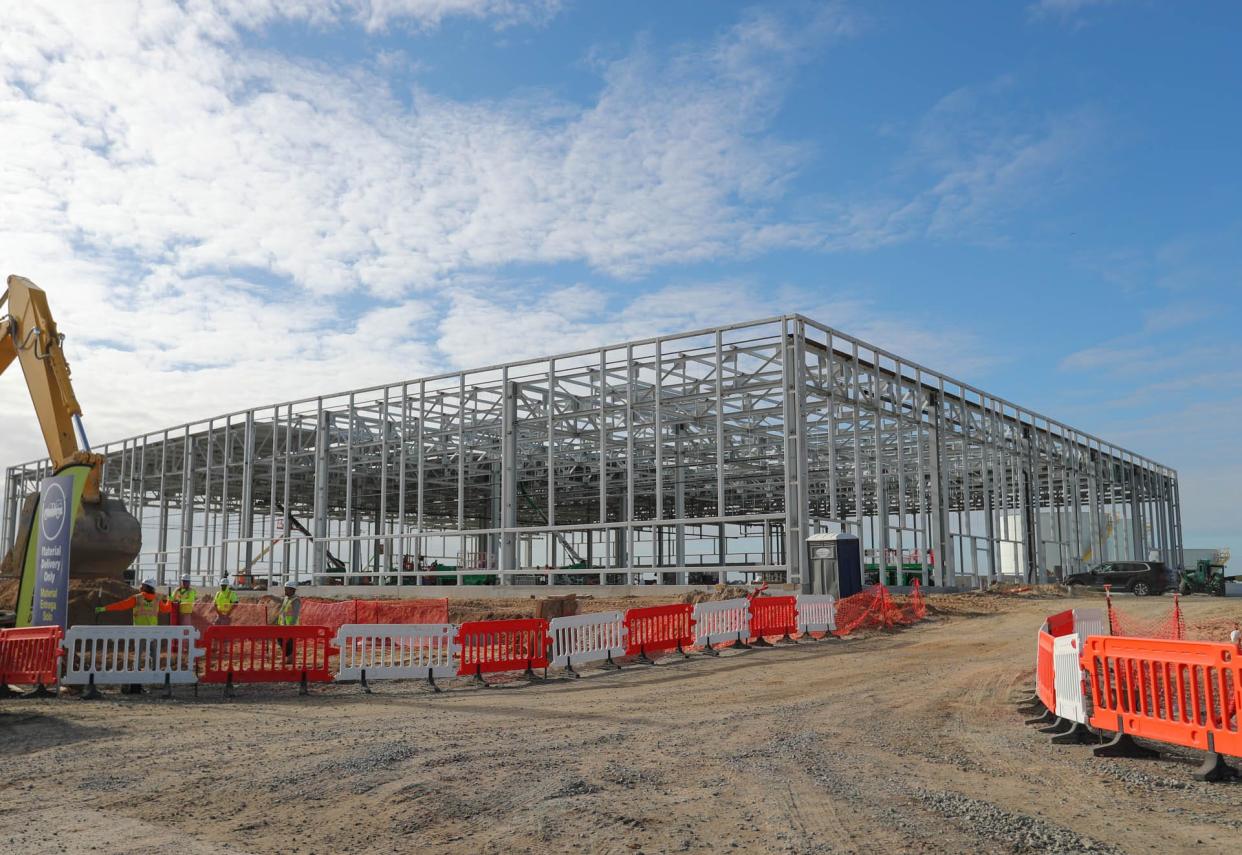City Talk: Recent public meetings point toward more scrutiny of rapid regional growth

This is the City Talk column by Bill Dawers, a longtime contributor to the Savannah Morning News.
More than 120 Bulloch County residents attended a recent meeting of the Coastal Georgia Regional Water Planning Council, according to reporting by Mary Landers for The Current.
The attendees voiced concerns about four new wells planned for Bulloch County to support the needs of the Hyundai Metaplant nearby in Bryan County. According to both The Current and Grice Connect, public comments focused on fears that the new wells would impact existing wells.
Representatives from Ogeechee Riverkeeper and One Hundred Miles also raised concerns about the wells and their effects on the Floridian aquifer.
The planned wells have not yet received permits, and I assume state and local officials, in addition to various contractors involved in the projects, will be especially diligent in their planning and communications given the intense public scrutiny.
Ultimately, the permitting and construction of new wells might turn out to be just another of the hurdles amidst the rapid growth of new industry in the region. Sharp increases in land values, economic activity and government revenues will mitigate many concerns about the sheer scale of new development.
But it’s easy to imagine how the recent meeting in Bulloch County could eventually be viewed as a watershed moment, as it were.
Census estimates suggest that the population of Bryan, Bulloch and Effingham counties has likely been increasing at more than 2% per year since the 2020 U.S. Census. One could argue that those counties have relatively small populations and can absorb that pace of growth, but such a rapid addition of new residents will have significant impacts on existing infrastructure, including roads, utilities and schools.
Some longtime residents and folks who moved to rural areas for the solitude will find themselves squeezed by both new industries and new neighborhoods.
And the current growth rate will likely pale beside the population growth once Hyundai ramps up hiring.
If public officials push policies that do too much damage to quality of life, voters could begin pushing back. Candidates advocating for slower growth and tighter restrictions on new development could become common in municipal elections across the region.
More: These improvements top wish lists for Bryan County officials in 2024
Voter discontent could be magnified by a natural disaster, an economic downturn or an especially bitter national election.
If water resources are compromised as some residents fear, concerns about the environmental impacts of rapid development could gain traction.
And there is always the possibility for lawsuits.
“We're here to protest and say: ‘it's too much,’ ” said an area resident after Savannah City Council recently greenlighted a proposed 350-unit development in Georgetown.
More City Talk: City Council ramps up the long drive toward the removal of the I-16 flyover
The City of Savannah held elections last month, but voters will have plenty of chances to express their concerns about growth in the next few years. Seats on the Chatham County Commission will be on the ballot in 2024, as will many other positions across the region.
I am not predicting that a slow-growth movement will take hold or that anything could significantly impede the rapid development already underway.
But if there is too much bluster from local and state officials, not enough acknowledgement of residents’ concerns and inadequate public investment in infrastructure, things could get very messy and complicated in the next few years.
“It’s too much” could become a common refrain.
Bill Dawers can be reached via @billdawers on Twitter and CityTalkSavannah@gmail.com.
This article originally appeared on Savannah Morning News: Dawers: Public meetings show more scrutiny of rapid regional growth

